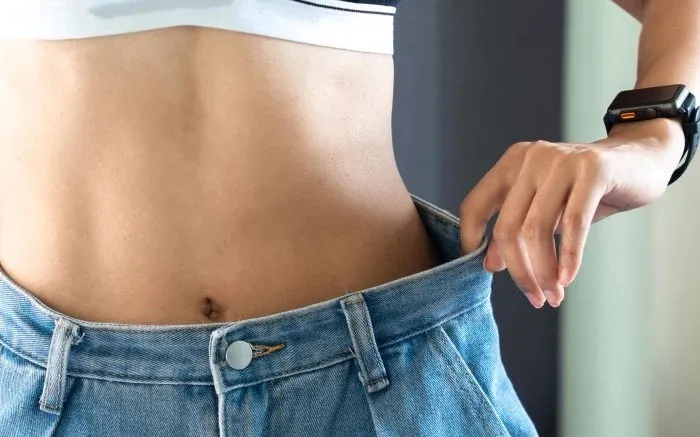A novel approach to weight loss is generating excitement in early human trials. SYNT-101, a once-daily pill, aims to safely and effectively shift nutrient absorption to the lower intestine. This method replicates the effects of gastric bypass surgery but without the need for invasive procedures.
The first human study of SYNT-101 was presented at the European Congress on Obesity (ECO) in Malaga, Spain. Researchers focused on the drug’s safety, tolerability, and its impact on hormones that regulate hunger and fullness. The initial findings are encouraging. Participants tolerated the drug well, reported no serious side effects, and showed early signs of better appetite control and metabolic improvements.
Rahul Dhanda, CEO of Syntis Bio—the Boston-based company developing SYNT-101—said, “These data confirm SYNT-101’s potential to trigger metabolic changes that support blood sugar control, weight loss, and energy balance.”
Addressing the Need for Safe, Effective Weight Loss Treatments
Millions of obese patients need new treatments that are both safe and effective. Current options, such as GLP-1 receptor agonists, help with weight loss but often cause muscle loss and come with accessibility issues, gastrointestinal side effects, and the need for long-term therapy.
SYNT-101 offers a convenient oral alternative. It could be used alone or alongside existing systemic treatments like GLP-1 drugs to improve outcomes.
How SYNT-101 Works: A Pill That Mimics Surgery
SYNT-101 works by forming a temporary coating in the duodenum (the first part of the small intestine). This coating, made of polydopamine, blocks nutrient absorption in the upper intestine. As a result, nutrients move further down to the lower intestine, triggering natural signals of fullness and helping regulate metabolism.
This process, called “duodenal nutrient rejection,” improves satiety and metabolism. It also helps preserve muscle mass better than GLP-1 drugs. The polydopamine coating lasts up to 24 hours before naturally passing out of the body, allowing SYNT-101 to be taken once daily.
In animal studies, SYNT-101 improved blood sugar control and caused weight loss of about 1% per week over six weeks, while keeping lean muscle mass intact.
Results from the First Human Pilot Study
The pilot study involved nine healthy adults (two men and seven women, aged 24 to 53 years, with body mass index between 19 and 29). Each participant received a single dose of SYNT-101 liquid at varying levels—25%, 50%, or 100% of the target dose.
Researchers monitored safety and effectiveness using glucose tolerance tests and endoscopic imaging. The imaging confirmed that the coating formed correctly in the upper small intestine. Blood tests measured hormone levels related to hunger and metabolism, including leptin (which reduces appetite) and ghrelin (which increases appetite).
Strong Safety Profile and Positive Metabolic Signs
The drug was safely cleared from the intestine within 24 hours, with no adverse or serious side effects reported. Liver function tests remained stable, indicating no liver damage. Gastrointestinal symptoms were minimal, with participants reporting no pain or discomfort.
Glucose tolerance tests showed that glucose absorption was delayed in treated participants. At 30 and 60 minutes after glucose intake, absorption was 35% and 21% lower than in untreated individuals. This delay suggests nutrients were absorbed later in the intestine, as intended.
Although the study was not designed to measure weight loss, those who took the full dose showed hormone changes consistent with reduced food intake—increased leptin and decreased ghrelin levels—similar to previous animal studies.
Next Steps for SYNT-101
The researchers emphasize the need for larger clinical trials to fully evaluate SYNT-101’s effectiveness and safety. Syntis Bio plans to submit an Investigational New Drug (IND) application to the U.S. Food and Drug Administration (FDA) in the second half of 2025.
Dhanda expressed optimism about the future: “We look forward to confirming these results in a Phase 1 trial. Our goal is to develop a sustainable, safe, and effective treatment that reduces fat, preserves muscle, and stimulates natural satiety hormones to prevent weight regain.”
You Might Be Interested In:
- Woman Infected With Flesh-Eating Virus After Surgery In Türkiye
- Nova Scotia Court Dismisses Tummy Tuck Lawsuit
- Menopause Facelifts Surge With Rise In Tummy Tucks, Nose Jobs


